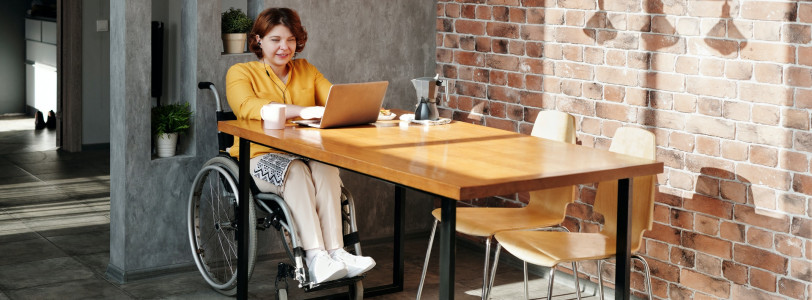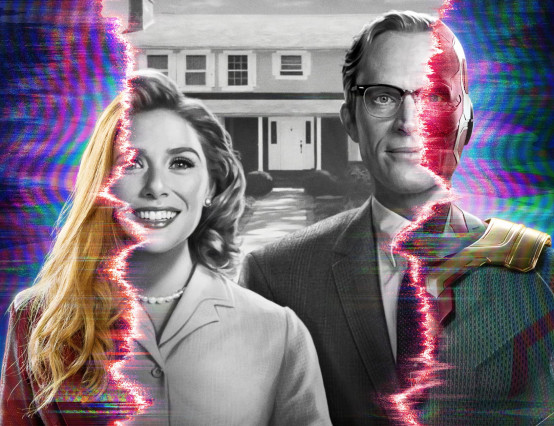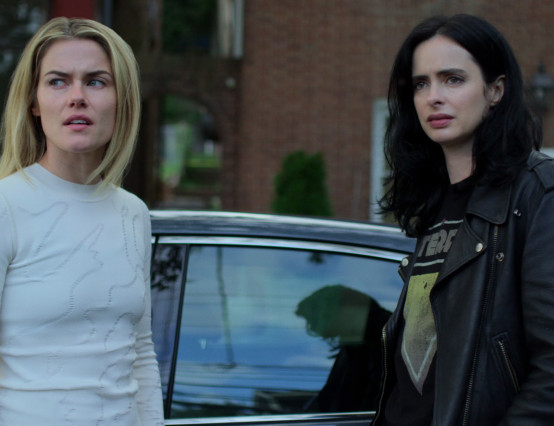Covid-19 has drastically changed lives for the majority of people, but it has also served to highlight the gaps in our society; the priorities given to some portions of the population and not to others. It has shown the huge differences between classes, wealth and job occupation in how the virus affects our communities and everyday lives, but also exposes the pre-existing prejudices and difficulties that specifically apply to race, gender and disability. From the additional sheltering restrictions imposed by the government upon disabled communities with little understanding for individual access needs, to the rising death toll of black communities, the virus has put on ceremony what was already known by many – change is needed.
The ‘benefit’ (if such a word is appropriate) of this is that now the struggles are entrenched in the public consciousness. The world has been forced to step into disabled people’s shoes whether it wishes to or not. Society has been forced to listen and experience it’s uncomfortable truths across all aspects of marginalised communities. Shouldn’t we strive to make sure that this experience isn’t squandered, and we take our learnings forward to create a more inclusive world?
More accommodating work environments
There are a lot of disabled people who really want to work or study, but due to their disability the only way they would be able to maintain a job and career is to work from home. Before the pandemic, jobs that allowed the employee to work from home were few and far between. In other words, working-from-home careers that could easily adapt to disabled people's needs were like gold dust. During the pandemic, employers have been more than happy for their employees to work from home. Time after time, disabled people were repeatedly told by employers and large organisations that it was simply not possible for them to perform their work to the standard required from home. The pandemic has proved that this is not the case.
By offering better, more flexible working conditions, we might finally be able to end the horror-stories of disabled people unable to find work because of their needs, or forced to take on work that doesn’t suit their skill sets.
On the other hand, there exists also a large section of the disability community who prefer to travel to work, to be on site and present in the workplace, and who might actually struggle to work from home. The lack of physical meetings, and a reliance on phone calls and video chat for communication will have been extremely stressful, making a difficult situation even more challenging.
It’s important to bear in mind that all disabilities are different and it is never one size fits all: what one disabled person might find easier another might find difficult.
Employers should identify ways of providing a flexible approach to work, and take the time to listen and accommodate each individual's needs and requirements. If the individual says they need to work at home or virtually, let them. If the individual says they need to work in the workplace or face-to-face, do that. Covid-19 has shown that, contrary to pre-2020 attitudes, employers and organisations can be extremely flexible and adaptive if they choose to be. Flexible working not only benefits the population as a whole but it particularly benefits disabled people.
Whether it be choosing when to do the work, altering the location of the work or adapting the means to produce the work, the pandemic has certainly resulted from some creative thinking and adaptability from employers in how their workers conduct their job. This approach is a game changer for disabled people in their careers and it needs to continue.
Normalising illness
Another outcome from the pandemic is that employers and schools have demonstrated a seemingly new-found acknowledgement that people can get ill. Contrary to best practices and even legal requirements, illness is often used by employers to dismiss or penalise workers. Taking too many days off sick would put jobs in jeopardy, meaning that most people would feel they had to come into work despite being extremely unwell, which of course contributed to the spread of illness and decreased productivity of the workforce.
Covid-19 has, to some degree, changed this. A hint of a sore throat or any sign of coronavirus symptoms and employers not only accept that their workers are unwell but demand they stay at home. Illness and bereavement have become accepted reasons to take time from work, without impact on their career. On top of this, employers and the government have even been providing sick pay and specific illness support payments. Before this, illness could result in loss of income and financial ruin on top of the serious health issues.
These societal reactions to illness are great for everyone, but affect disabled people the most. It is disabled people who often face unavoidable hospital appointments or heightened periods of debilitating health issues, while still being expected to meet the same exacting standards (and face the same penalties) as all employees. This is yet another factor that makes maintaining a job and career more difficult for disabled people than the rest of the populace.
Covid-19 has proven that illness can be accepted by employers, and that disabled people never needed to face penalisation for being unwell. This would have a profound effect on working-disabled people going forward, allowing more to be able to pursue careers, focus on looking after their health, and contribute to their acceptance within society.
In response to illness employers should, where possible, provide reduced or adaptable hours as requested by an individual to accommodate their own health needs. We’ve seen more and more of these attitudes to health and work throughout the pandemic, yet before 2020 this kind of accommodation of needs was extremely rare. We’ve also seen a change in ways to access work. Unprecedented digital solutions and distance learning methods have been introduced, concocted from virtual webinars, zoom meetings, digital clocking-in methods.
These have made schools, colleges, universities, the workplace profoundly more accessible for some people. Yet, disabled people weren’t the consideration when introducing these solutions. This increased accessibility in the workplace is an accidental byproduct, whereas it should have been on the main agenda before 2020. The slight adaptations and changes that have been made shows just how easy it would have been to make society more welcoming and inclusive long before now. The pandemic shows that society can quickly change and adapt when required, which means that the unfortunately reality is that society simply placed disability access on the backburner.
Covid-19 has now opened the floodgates to more flexible working arrangements, and society can – and should – make this the new normal. It would have a profound effect on disabled people whether during education, work, home, social and could provide a better future going forward.
It’s tragic that we needed this pandemic to change the access to opportunities available for disabled people. But, now we’ve seen what’s possible, we have an obligation to keep it going. The changes put in place, whether in life or work, need to carry on for the disabled people who face the same challenges within their usual everyday life. I fear that whenever we completely move past coronavirus this will all be forgotten and the barriers that existed in society will be erected once more. It’s important that we reflect not only on the horrors that 2020 has brought with the pandemic but the positive byproducts also, and to use this to change life not just for disabled people but everybody going forward.









0 Comments